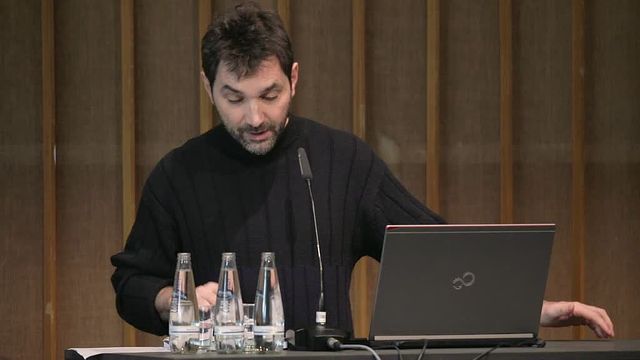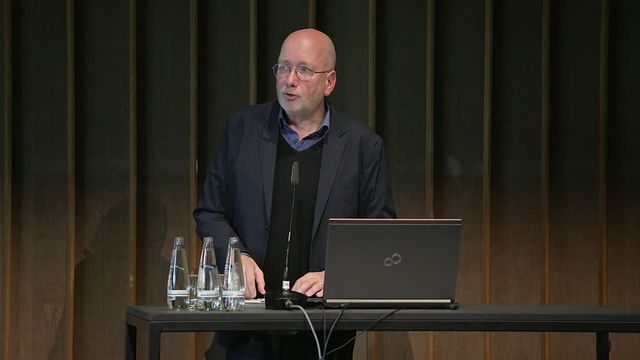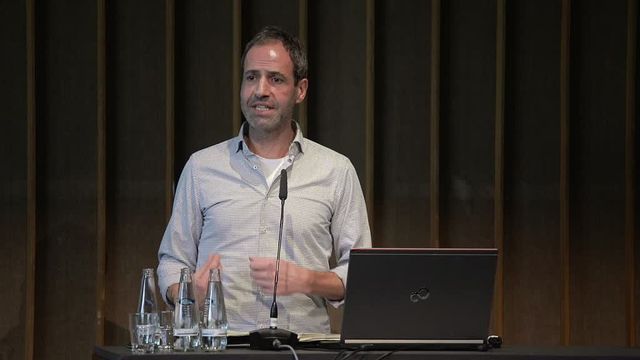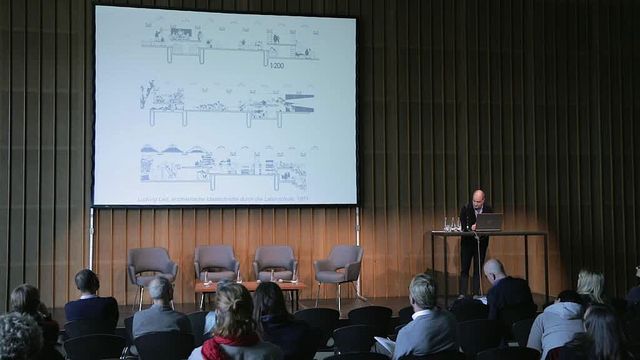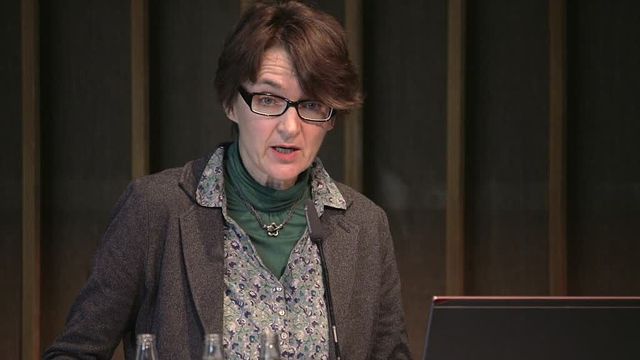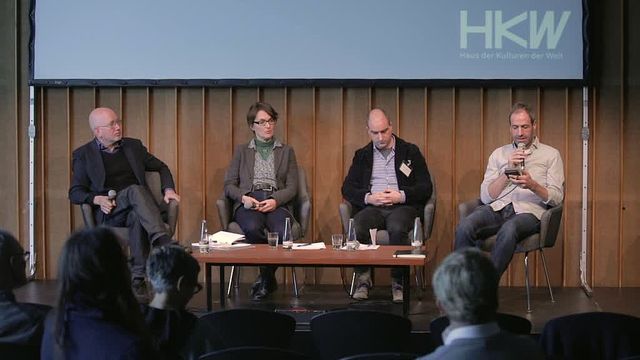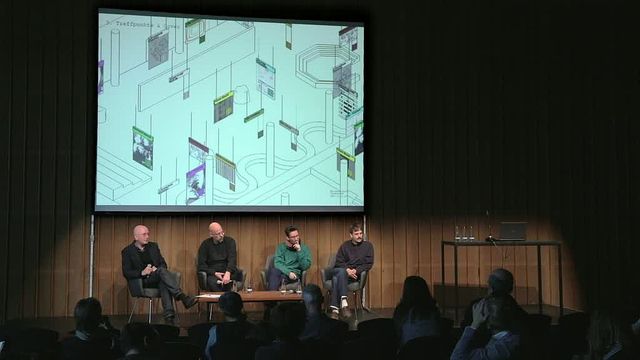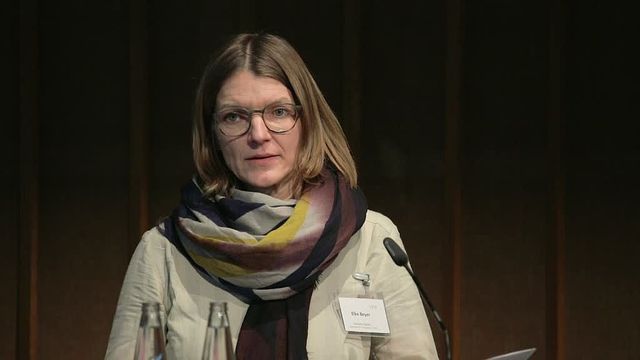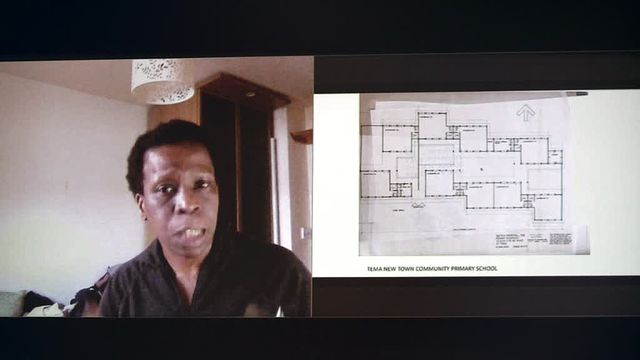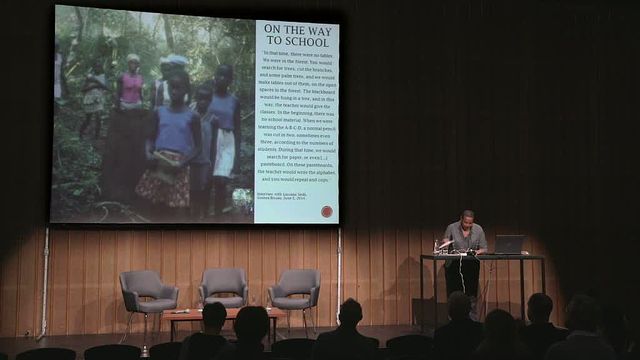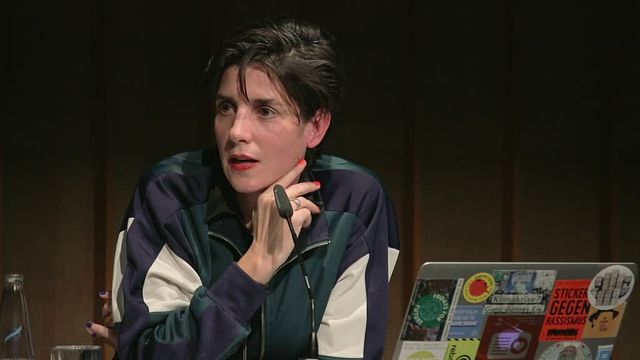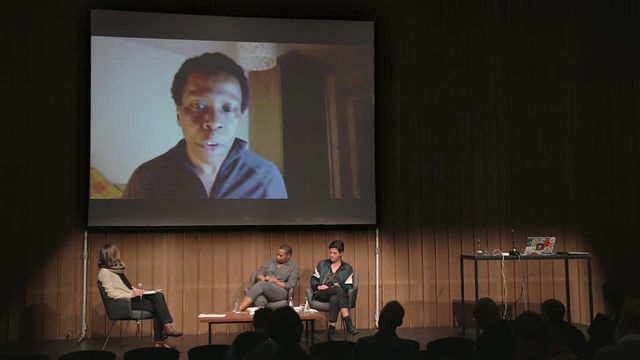Conference
Education Shock conference 2019
Learning, Politics and Architecture in the Global 1960s and 70s
Two days 6€/4€
One day 5€/3€
Childcare will be available for the duration of the program for children 3 to 10 years.
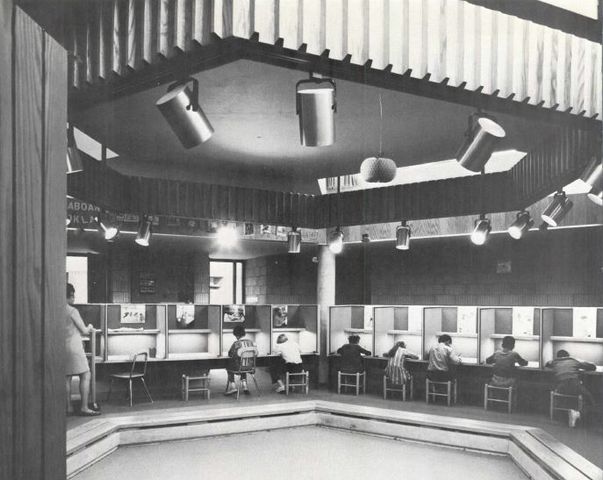
In the 1960s and 1970s, the educational sector expanded on a global scale. Demographics played just as important a role in this process as the transition from industrial to post-industrial society and the education arms race during the Cold War. Extensive reform programs engendered new architectures and learning environments around the world. However, these often progressively conceived of spatialities were also increasingly called into question – as were the cultures and institutions of education, architecture and science as such.
The conference will discuss the spatial and educational policies of an era that also harbors a wealth of resources to inform the necessary renewal of today’s schools and universities.
Day 1 | Day 2
10am
Welcome and Introduction
10.45 am–1 pm
Childhood and Education, Experimentalized
Schools and education have always been testing grounds, with students and teachers the subjects. In the effort to develop new instructional models and spatial concepts that met the needs of societies undergoing transformation, educational planning in the 1960s and ’70s was open to spelling out the principle of the “experiment” both technologically and pedagogically. When the temporality of learning and the conditions of labor changed, this led to all-day schools, to the establishment of “laboratory schools,” such as those in Bielefeld, and to playgrounds that in many places became the key areas of experimentation.
Mark Terkessidis: Rooms-to-Play. Examples of Spatial Production of Space for and with Children around 1970
Gregor Harbusch: Experimental Spaces: Ludwig Leo’s School Designs
Monika Mattes: "Leistungsschule," "learning factory," or "cuddle corner"? West German comprehensive schools as places of educational knowledge production in the 1960/70s
2.30–3 pm
Exhibition Design
Kooperative für Darstellungspolitik (Exhibition Architects), Tom Holert
In its engagement with Education Shock, the Kooperative für Darstellungspolitik explores the development of an open guidance system which encompasses the diversity of the exhibited educational experiments in both form and content. It attempts to establish direct access to the diversity of themes. The experimental approach of the exhibited institutions, architectures, people, publications and works are to be made tangible in both their respective specificity and in relation to contextual approaches through a structurally similar representation system.
3–4.50 pm
School-Building: Between Decolonization and Development Policy
During and after the anti-colonial wars and independence movements of the 1950s and ’60s in the Global South, the setting up and design of educational systems in the decolonized societies was a pressing task. Times of war and upheaval required methods and concepts different to those used in the era following liberation. Thus, the improvised schools by the guerilla were replaced by new educational facilities and the establishment of universities. But who should take charge to design and direct this transition, and be responsible for the new spatial programs? And to what extent did the ongoing presence of professionals (educators, architects, planners) from the former colonial powers pose a problem when faced with the challenge of envisaging what can be called genuinely postcolonial educational architectures?
Ola Uduku (Live Video Call): Postcolonial School Building in West Africa, 1960s
Sónia Vaz Borges & Filipa César: Militant Education. “Pilot Schools” and “Jungle Schools” in Guinea and Guinea-Bissau around 1970
